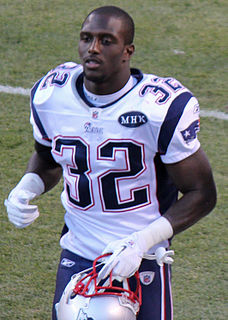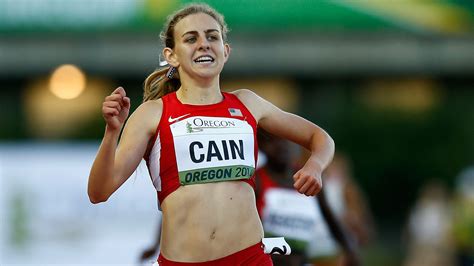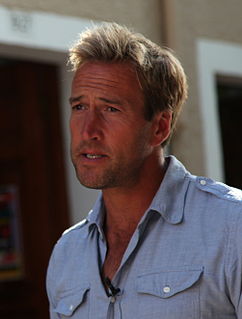A Quote by Chuck Palahniuk
My stories tend to bring people from isolation into community - with at least one other person, usually with a whole community of people - so that they find themselves accepted back by a world that they kind of fled from.
Related Quotes
Commentators frequently blame MMORPGs for an increasing sense of isolation modern life. But virtual worlds are less a cause of that isolation than a response to it. Virtual worlds give back what has been scooped out of modern life. The virtual world is in important ways more authentically human than the real world. It gives us back community, a feeling of competence, and a sense of being an important person whom people depend on.
Sometimes a rural life - without agricultural culture, community, or land - it means that you're a very long drive from everything. It's a big cultural isolation in terms of any kind of schooling where you could get exposed to things that might push the positive buttons. The geography of where people find themselves situated, both in metropolises and in the heartland, really starts to matter.
You can't expect people who didn't exist as a community at all until about twenty years ago to have formed a political movement. This attack on the LGBT community was very shocking to the people who consider themselves to be activists. They're basically playing in the sandbox, and there's a tank coming! And what are they supposed to do - use the plastic shovel to push the tank back? But since the homosexual propaganda legislation, people have really stepped up, educated themselves politically, and grown by leaps and bounds.
In terms of just the number of people who run, New York is really unlike any other city. We have such a culture of people who would qualify themselves as runners, and then we have a whole host of people who maybe wouldn't consider themselves a part of that community, but who do actively run, whether it's for exercise or whatever reason they want.
The intellectual tradition of the West is very individualistic. It's not community-based. The intellectual is often thought of as a person who is alone and cut off from the world. So I have had to practice being willing to leave the space of my study to be in community, to work in community, and to be changed by community.
People are, in the confines of their own apartments, becoming Magellans of the interior world and reaching out to this alien thing and beginning to map it and bring back stories that can only be compared to the kind of stories that the chroniclers of the New World brought back to Spain at the close of the 15th century.
Twitter was an alternative community for me. A different kind of community. I knew I was making people angry. But it didn't matter, they weren't my community. But the longer I was on Twitter and the more I came to know these people, to like and respect them, the more I could see the empathy and grief and sorrow they were expressing.
When I was on Taransay, I loved being part of a community, I loved that everyone knew what I was doing, where I was going. I loved that. I liked knowing that if I wasn't back at a certain time people would start worrying a little bit about me, I loved the whole community thing, sitting for hours and chatting to people.






































